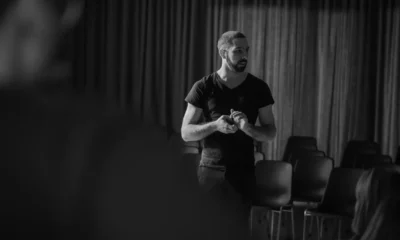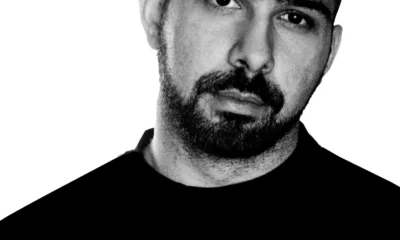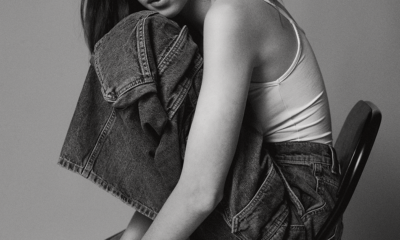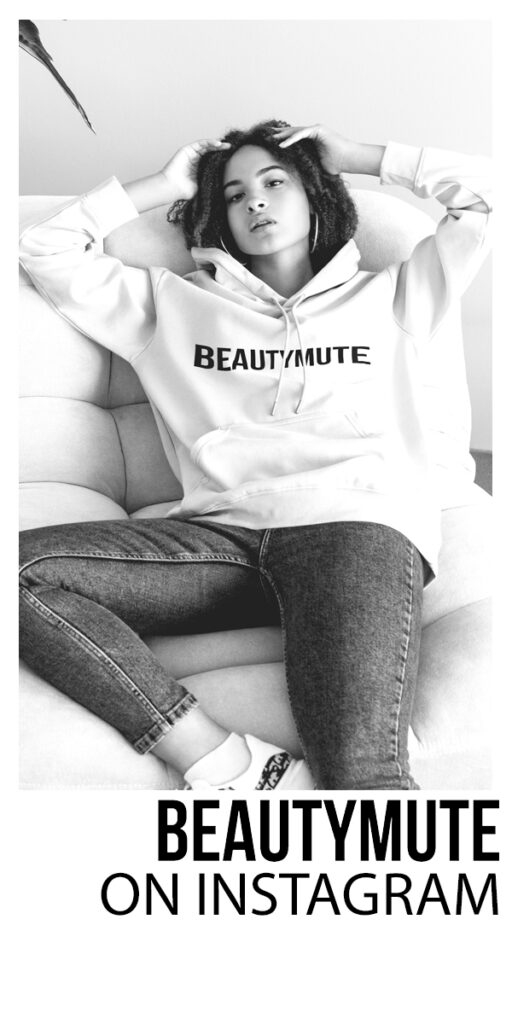Interviews
Natascha Lindemann: From Sociology to Capturing Beauty’s Essence
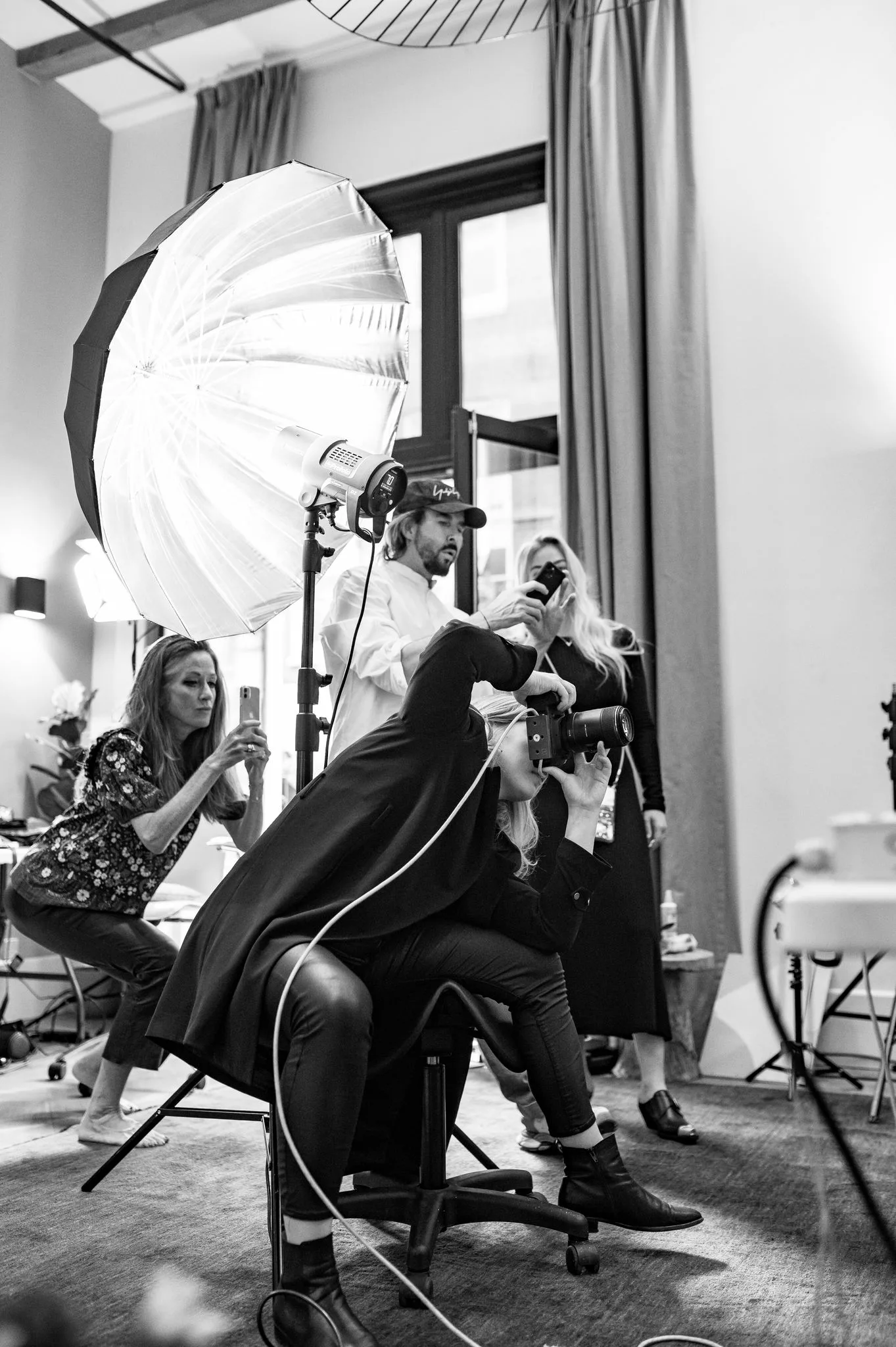
From studying sociology and marketing to capturing the essence of beauty through her lens, Natascha Lindemann has a story that stands out. In our exclusive chat with her for Beautymute Magazine, we explore her unexpected journey into the world of beauty photography. Join us as we uncover the tale behind the snapshots.
Can you tell us about your journey into beauty photography? How did you transition from sociology and marketing studies to becoming a beauty photographer?
After my studies I started to take pictures. At first I only photographed outdoorsand after an internship with a photographer I came across beauty photography. I quickly realized that I am also interested in makeup and hair and that I enjoy styling the models myself. So I chose this niche and started to actively build my portfolio in beauty.
How has your background in sociology and marketing contributed to your success as a beauty photographer?
I´ve always been interested in Advertising & Marketing. My plan was to do a sociology bachelor’s degree and a marketing master because I didn’t want to take the standard path of a business and marketing degree. It wasn’t the studies directly that helped me on my way as a photographer, but rather my general interest in advertising and marketing. It’s important to me to understand the brands and campaigns I work with and their specific goals. To this day, that’s what my clients appreciate most about me.
When did you decide to specialize in beauty photography and why did you make that choice?
To be honest, I slipped in there a little bit. I went to Berlin to do my internship with a photographer. After the internship I decided to stay longer in Berlin and build up my portfolio there. I gave myself a Year to built my Portfolio and I was just lucky that it worked out in a year. If it had been different, I probably would have continued studying for now and just continued photography as a hobby. Because I hit the mark at that time and got big jobs and a big reach on Instagram pretty quickly, I didn’t stop and continued with photography. The right timing was definitely the decisive factor.

Based on your vast experience, what is the most challenging aspect of beauty photography and how do you overcome these challenges?
I think one challenge is that as a photographer you never really don’t work, which is why passion is extremely important in this profession. Otherwise it will be difficult to stick with it for a long time. Without that passion, I would never have gotten as good at it either. It’s also difficult to be constantly active on social media and post regularly.
As a photographer based in Berlin who works internationally, how do you navigate the different cultural nuances and expectations in beauty when working with different brands and magazines around the world?
I wouldn’t classify that as difficult, quite the opposite. I find it totally interesting to see different beauty markets and how differently they work. There are so many different beauty standards and aspects of how beauty is perceived. At first you have to get into it, but over time you get a whole economic and world overview of the different beauty markets. Every culture and nation covers a different focus and has a different style, which is totally fascinating to me.
Can you tell us about a project or photoshoot that had a significant impact on you personally or professionally?
My professionalism has definitely been influenced by my key jobs, such as the Kylie Skin campaign I was asked to photograph for the brand’s launch. Through this job, I had gotten an international breakthrough. With DagiBee’s own brand Beetique together with Dm Drogeriemarkt I had my breakthrough in Germany. Photographing celebrities in America two years ago also opened doors to a new world for me.

How do you stay innovative and fresh in an industry that is constantly evolving and is highly competitive?
I’m definitely constantly looking for new trends and cool ideas. I try not to be influenced too much by other photographers and don’t follow anyone on social media so I don’t consume so much and see what others are doing. It was always important to me that I have my own style. I like to be inspired by the environment or great faces.
Sustainability and diversity are two important discussions currently happening in the beauty industry. How do you integrate these aspects into your work and photography?
I’ve always been a bit of a pioneer when it comes to diversity because I was bored of always seeing the same faces in campaigns. Especially for my freelance work, when I was able to be creative myself, I always wanted to have something different and very special. I often shot with normal women who had never had a beauty shoot before. The face is more important to me than the experience.
You have worked with several high-profile clients like Kylie Skin, Sephora, Mac Cosmetics, and Artdeco. Can you share some memorable experiences or key learnings from these collaborations?
They are very, very large companies, which is why you always have to be aware that you are working with very professional institutions and not with a start-up company. This means that a lot is expected of the shoot. That’s where my background in marketing comes in handy, because I know the photos I take they want to use to sell their products. The more professional you appear and the better you understand the company, the more security you can give them. Knowing exactly what they want can be a huge advantage. The key learning is that as a freelance photographer you are also your own company and work together with other companies. It is important to have a professional approach in every aspect. Whether it’s paperwork, shooting preparations, on set or post-shoot follow-up.
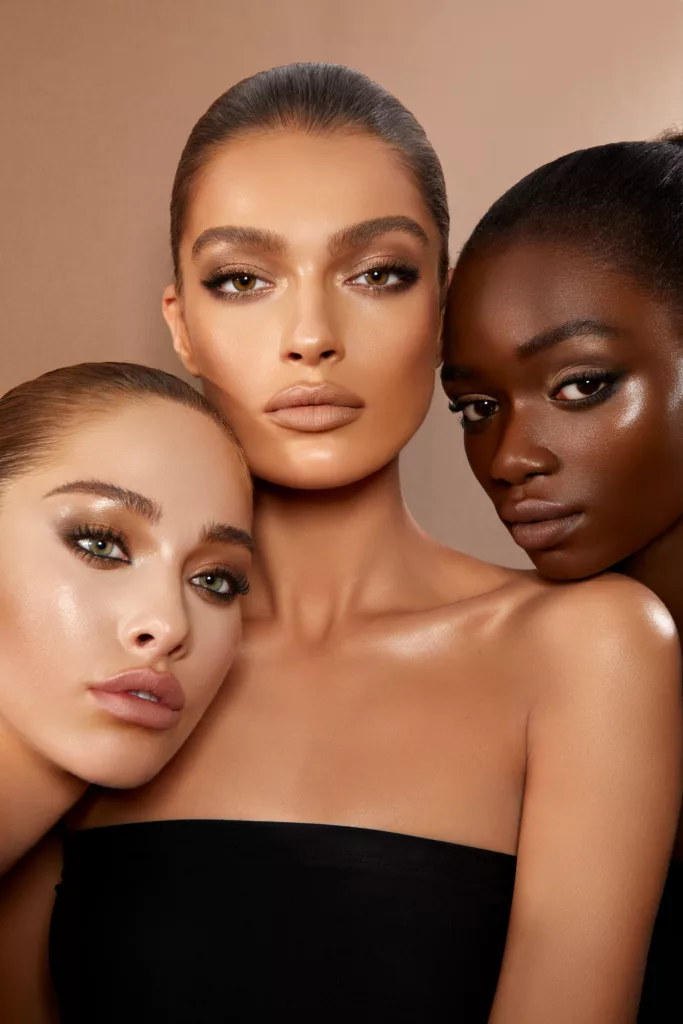
Your knowledge of makeup and skincare, combined with your marketing background, seems to be a powerful combination for producing high-conversion photos. Can you tell us how these skills intersect and influence your work?
This is actually a good combination, because I often experience that photographers focus on their work, the person in front of the camera or on the technology. Of course everyone has different interests, but it helps me enormously that my other interests are beauty and marketing. I attach great importance to the makeup on every shoot and always keep an eye on it. As a beauty photographer, I am there to photograph the make-up product well. So it’s a huge advantage to know not only marketing but also makeup.
How do you approach a new project? What does your creative process look like, especially when working with new clients or brands?
First I receive the request and make an appointment for a mutual call so that I understand everything and know what I am writing as an offer. After the offer is confirmed, it moves into the creative process. I often also help with the concept creation and model selection. Before the production there is another meeting and finally only the images are selected by the client and edited by me. It’s nothing special and I think the same way, as every photographer would do it.
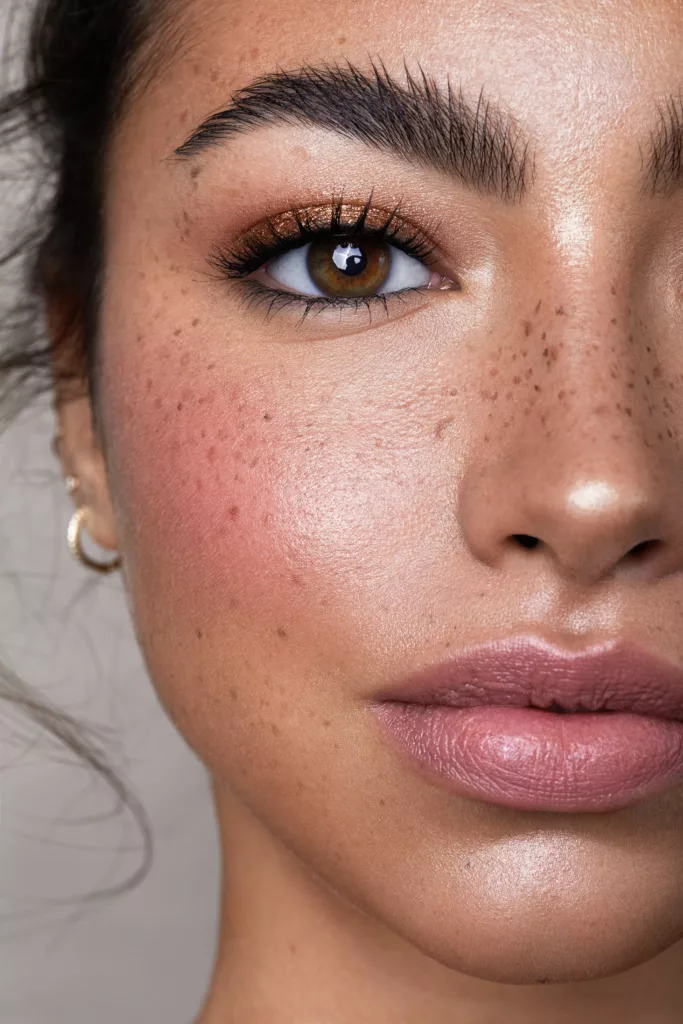
How has the beauty photography industry evolved since you started in 2017? What trends or shifts do you anticipate in the near future?
It’s constantly changing and you always have to stay with it. The trend is towards diversity and that normal women are increasingly being used as models, which I think is really good and is a nice development. Natural retouching is also becoming increasingly popular
What advice would you give to aspiring photographers looking to break into the beauty industry? What do you wish you had known when you first started out?
That´s a good question and I´ve made a lot of mistakes in my career. One of them was for example that in my early years I was often too creative with the looks for my advertising focus. But I didn’t know any better at the time. What I learned from that is that before you start to build your portfolio, you should always think about your target group and desired clients and find out what kind of photos you need to take in order to fit perfectly into this market. Another thing that I tell my interns all the time ist that you should definitely be aware that as a self employed photographer you are also a business. Present yourself professionally from the start. And also under no circumstances should you lose your passion. Of course you have to make money with it, but the most important thing is that you enjoy your job, otherwise you will never be good at it.
Website Natascha Lindemann
-
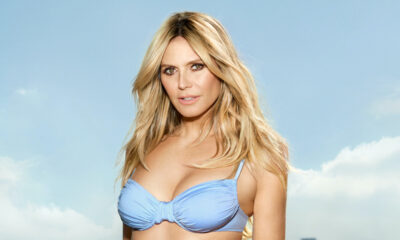
 Fashion1 month ago
Fashion1 month agoCalzedonia Celebrates Summer – and Heidi Klum!
-
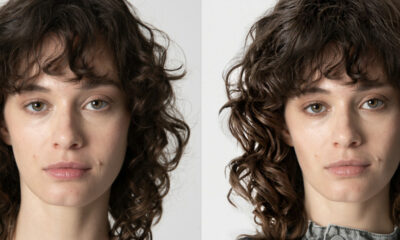
 Fashion2 months ago
Fashion2 months agoZalando explores digital twins – high-fidelity replicas of real models
-
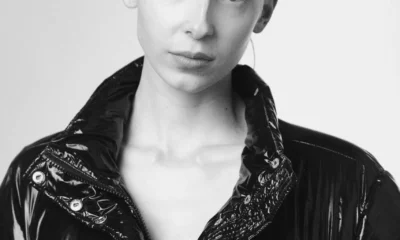
 Interviews2 months ago
Interviews2 months agoCharlotte Goebel: A New Muse with Bold Ambitions
-
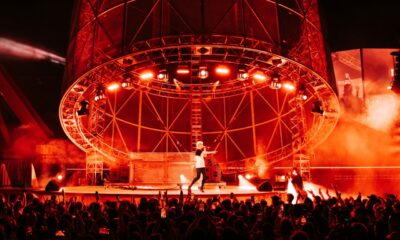
 Culture3 months ago
Culture3 months agoDoechii, Robyn and Jamie xx headline a one-off festival in Los Angeles, in honour of H&M’s S/S 2025 collection


